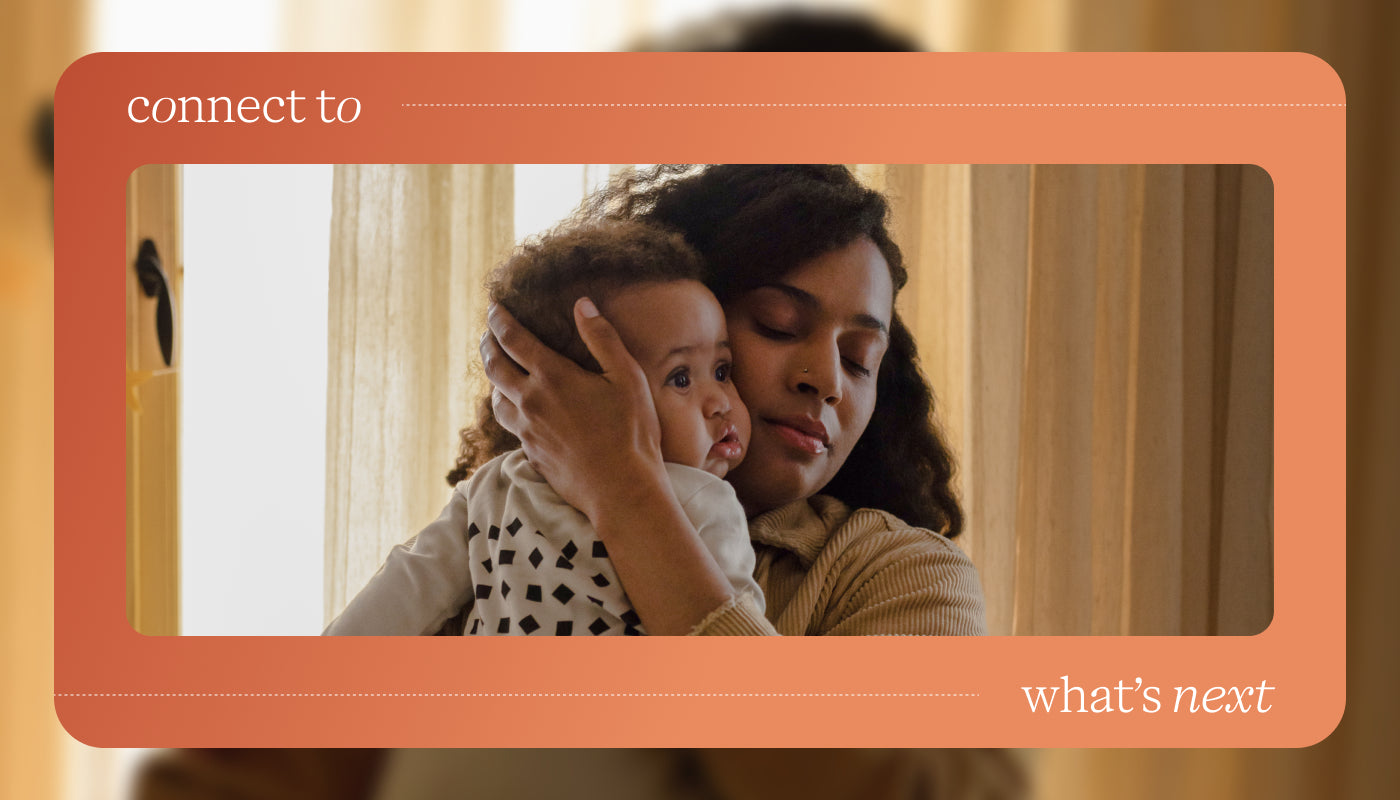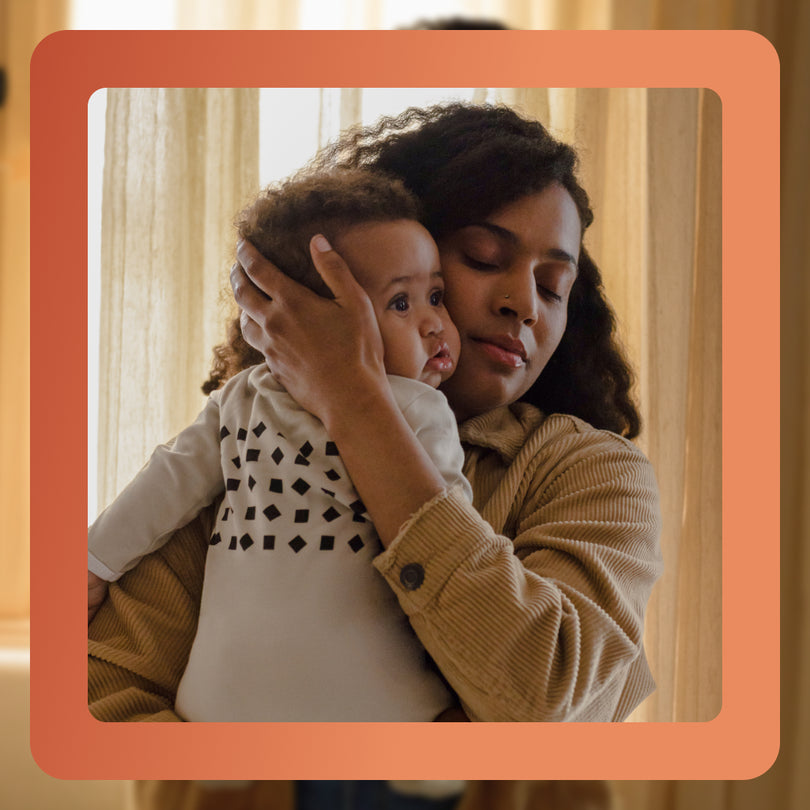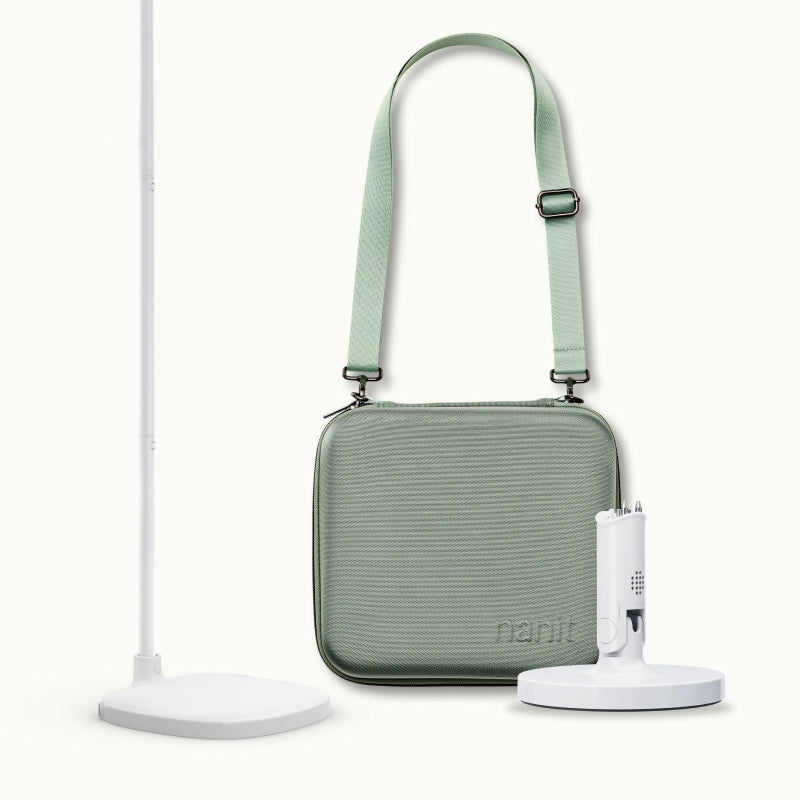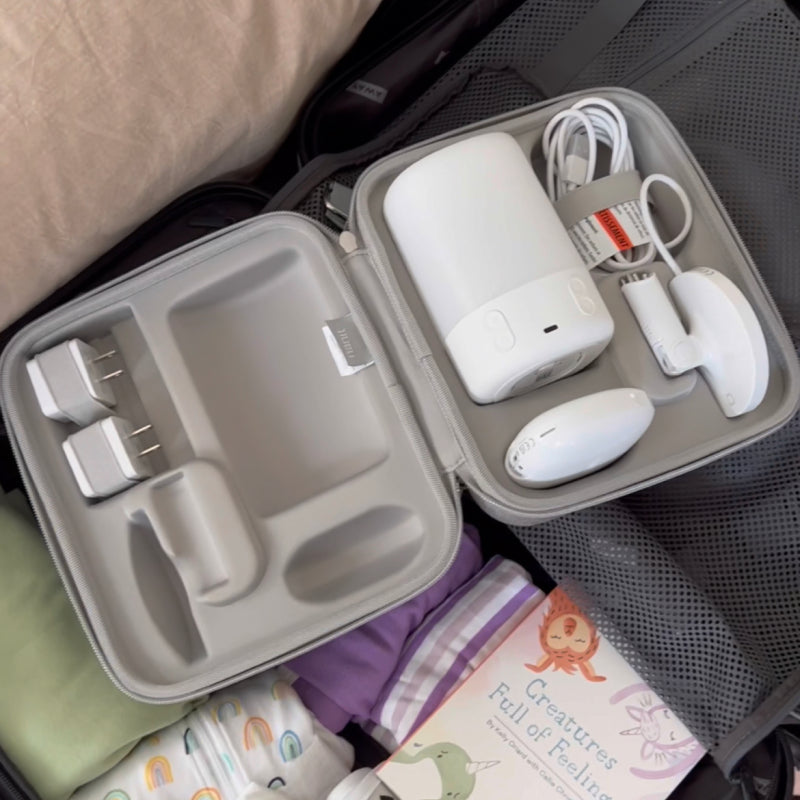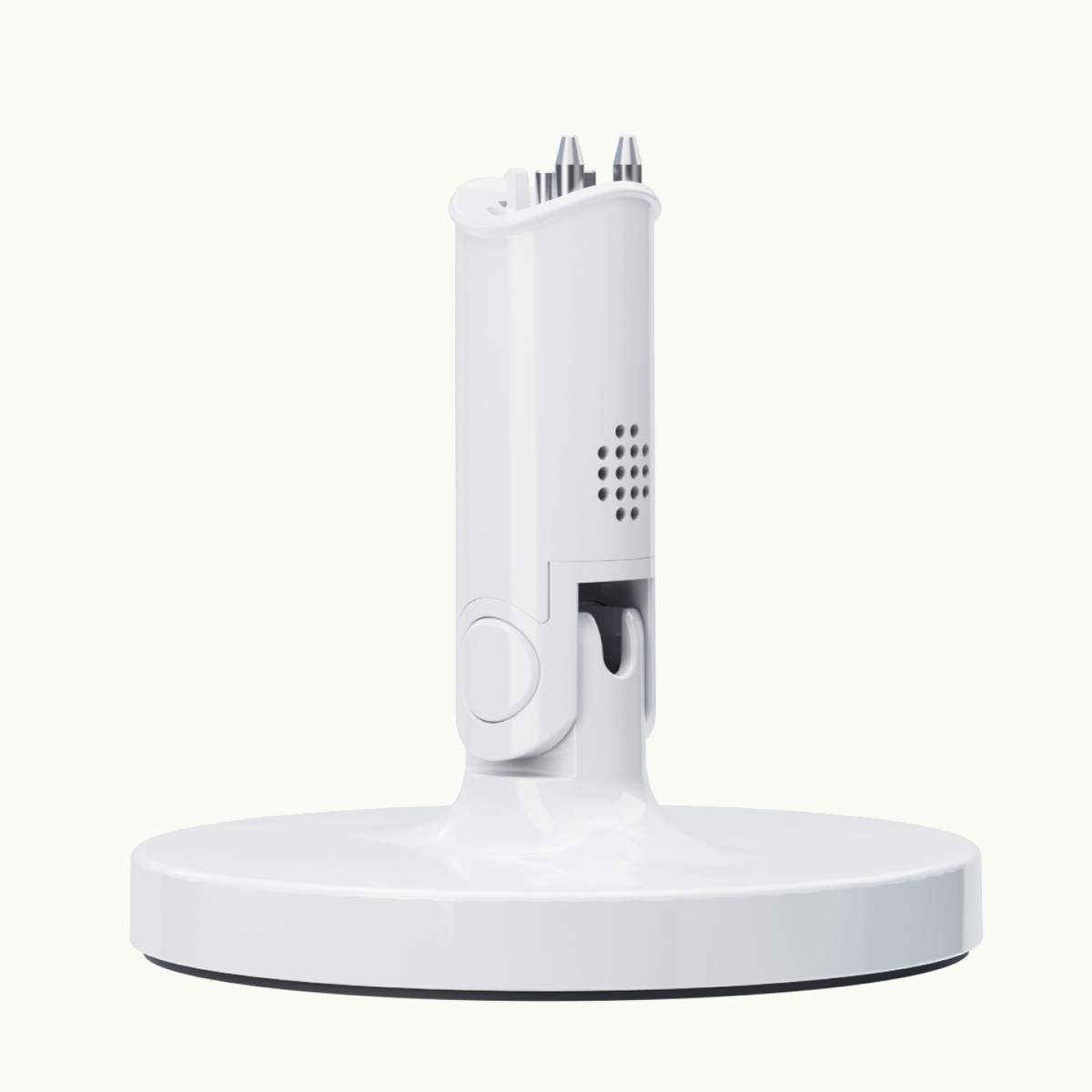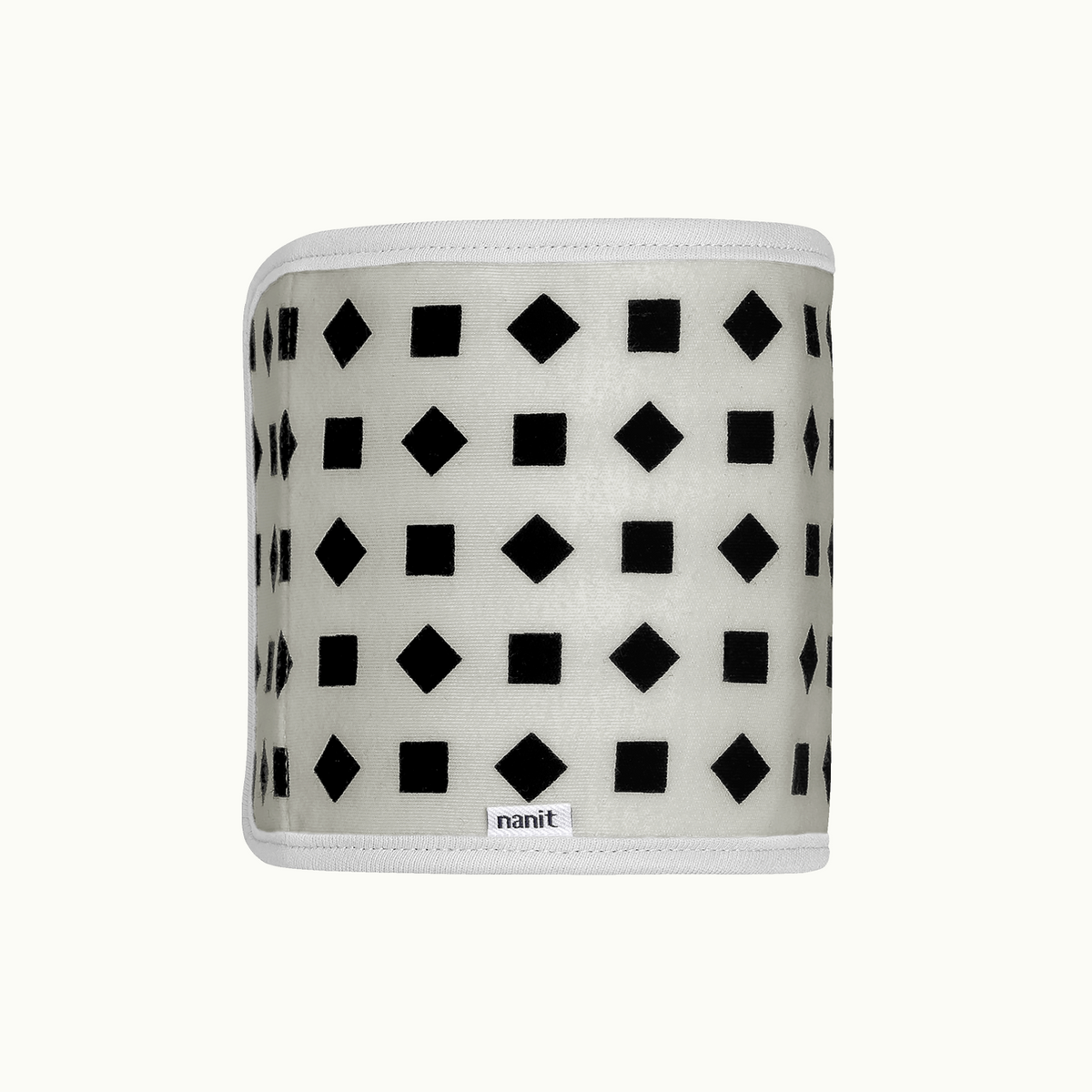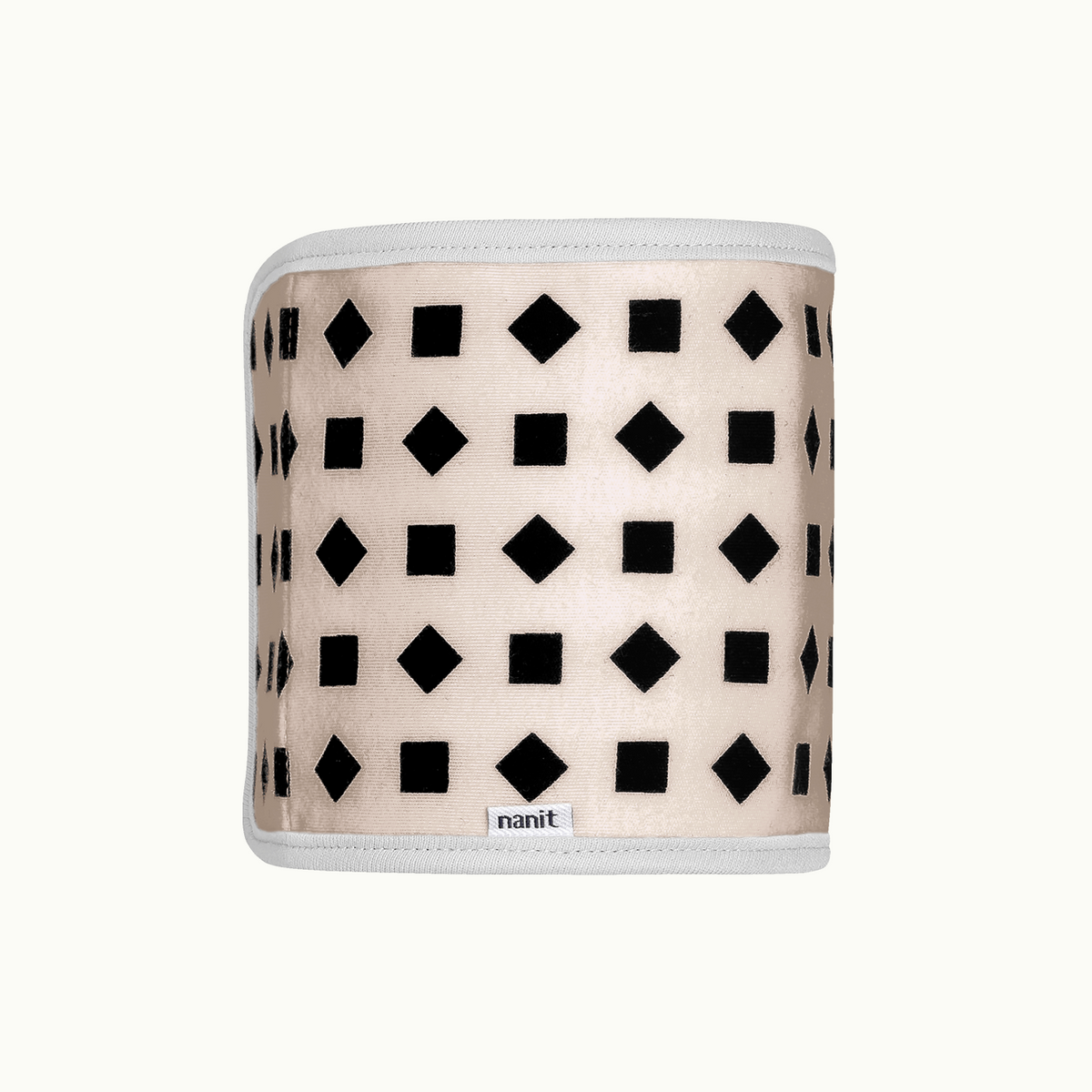10 Month Old Nap Schedule:
At this age, your baby will likely be fairly consistently taking two naps a day. Every baby will progress at their own pace, depending on their unique preferences and growing bodies, so if these naps are still somewhat elusive, hang in there! Around 10 months, they’ll probably be napping for 2-4 hours during the day, but once they start to get a bit older (between 11-14 months) you’ll notice a pretty significant shift in their napping patterns.
10 Month Old Feeding Schedule:
You probably started feeding your baby solid foods a few months ago — but if not, now is definitely the time to introduce some fun (and nutritional) foods! Some babies will want to devour everything you put in front of them, some will be a little picky about the different tastes and textures and some may still not have the hang of it just yet. It’s a learning process. Whichever category your baby falls into, your baby should now be attempting 3 meals a day at 9 months.
Nighttime feeds should be gone at this point. Most babies are capable of lasting through the night without food — what they need more than anything at this age, is a good night’s rest! Early on, your baby should still be taking about 4 milk breast milk or formula feeds a day. Between 12 and 14 months, you may wish to switch your baby to cow’s milk instead of formula or breast milk, though you’re welcome to keep breastfeeding.
How Long Should A 10 Month Old Sleep?
At 10 months, your baby will probably still be sleeping around the same amount of time overall as they were at 9 months. In the evenings, you can expect your little one to sleep for 11-12 hours.
Routine, dependable transitions, and consistency now become more important as baby’s gross motor skills, social awareness, language awareness, and more begin to increase. This stability supports baby in making sense of their world and being able to get the sleep they need. Although your baby is not able to consciously comprehend why they need so much sleep, their physical and mental development help to push them in the direction of slumber.
Milestones also begin to occur during this time, such as learning to crawl or stand. While these milestones are exciting, they might also throw a wrench in your baby’s sleep. The best way to help your baby manage these sleep disruptions is through consistency. Be aware though, your baby may quickly realize that this is a game — if they stand up, and your response is to rush in and sit them down, they’ll know to continue to do that. Avoid this game by showing them how to sit down (instead of just picking them up) and giving them the time and space to figure it out on their own and offer plenty of opportunities throughout the day for them to explore their new skills. Lots of practice during the day should make these milestones no big deal.
10 Month Schedule
|
Wake and Milk Feed 6:30 AM |
Don't be surprised if the first feed of the day is a big one, especially since your baby didn't feed overnight. Your little one should be able to sleep through the night without being fed at this age. If you are still feeding overnight and find that they are not hungry in the morning, that's a good sign to cut back on nighttime feeds. After baby's been fed, pump off any extra milk and store for later. |
|
Breakfast 7:30 AM |
Get creative here with a fun solid breakfast that your baby will love. You may still have to serve up mainly pureed foods, but don't be afraid to experiment with eclectic flavors and textures. Maybe try mashing instead of pureeing foods, or offer toast fingers with butter, avocado on toast fingers, scrambled eggs, roasted cherry tomatoes, or whole wheat pancakes cooked with blueberries (get those antioxidants!). |
|
Nap time 8:30 - 9:30 AM |
Timing for this nap may vary. Your baby may be ready closer to 15 or 30 minutes after this time. Just make sure they're up within an hour, if they don't wake up on their own at the end of this hour. |
|
Milk Feed 10:30 AM |
At this point, your baby may be more comfortable with solid foods. Try cutting back a bit on this feed, if that's the case. |
|
Lunch 12:00 PM |
A solid lunch for your baby at this age means that they're fairly comfortable with all kinds of flavors and textures, and may start to feed themself. |
|
Nap time 12:30 - 2:30 PM |
If the little one had a longer morning nap, they may resist this nap at first. When they do fall asleep though, they'll feel relaxed and restored. Take some time for yourself! |
|
Milk Feed 2:30 PM |
A post-nap milkfeed is in order, someone's feeling hungry! |
|
Dinner 5:00 PM |
A solid dinner with different solid foods with different flavors and textures will help your baby continue to expand their palate as they start to feel more and more comfortable self-feeding. |
|
Bath 5:45 PM |
Splish-splash! It's time for a bath! |
|
Bottle and Book 6:15 PM |
You might find that baby needs less milk before bed, now that they're a bit more comfortable with solid dinners. |
|
Bedtime 6:30 PM |
Time for bed. Sweet Dreams! |

